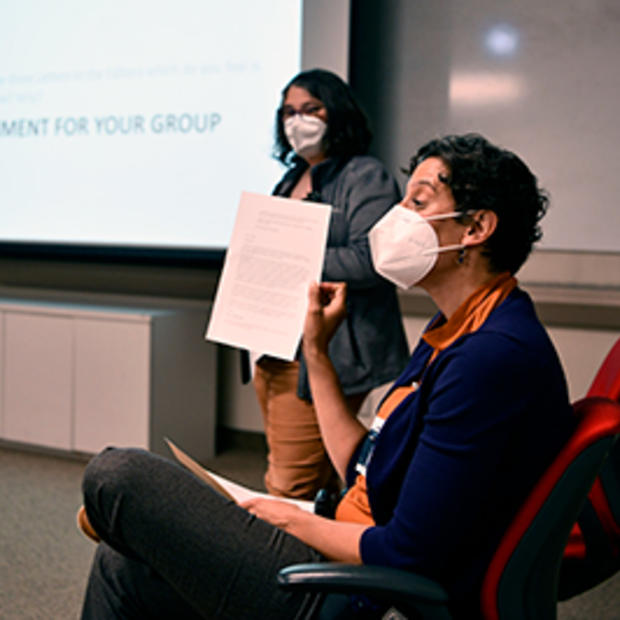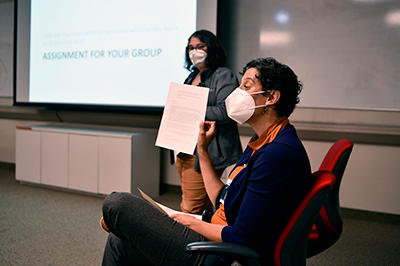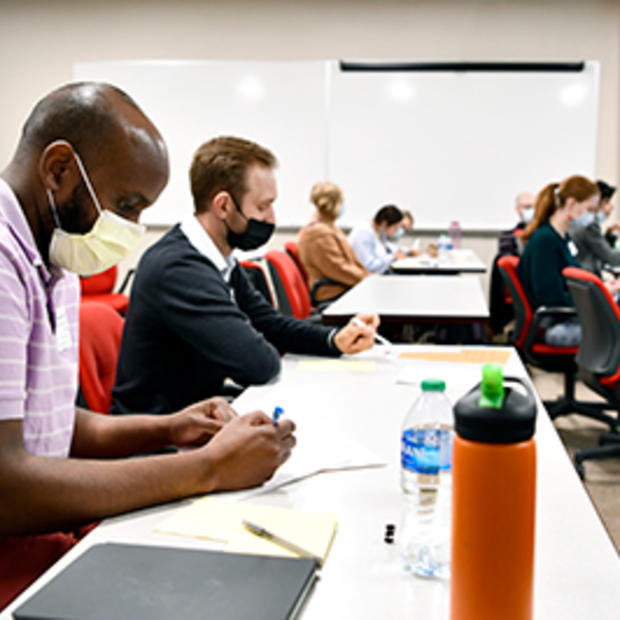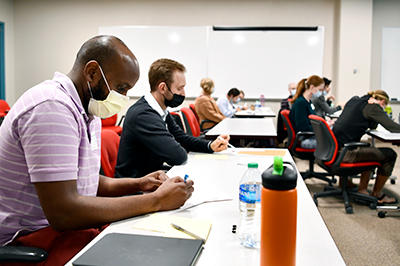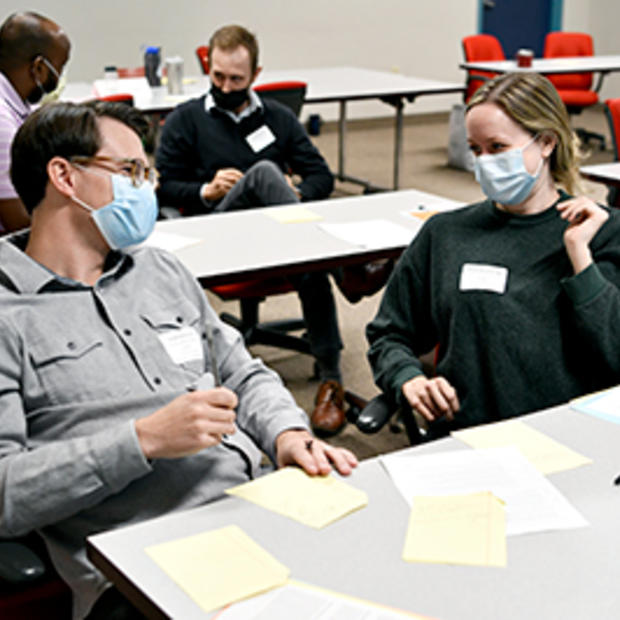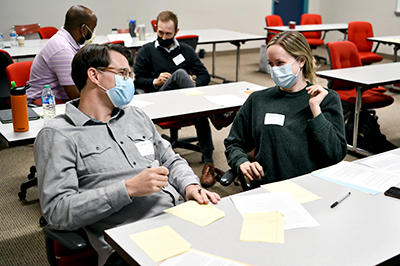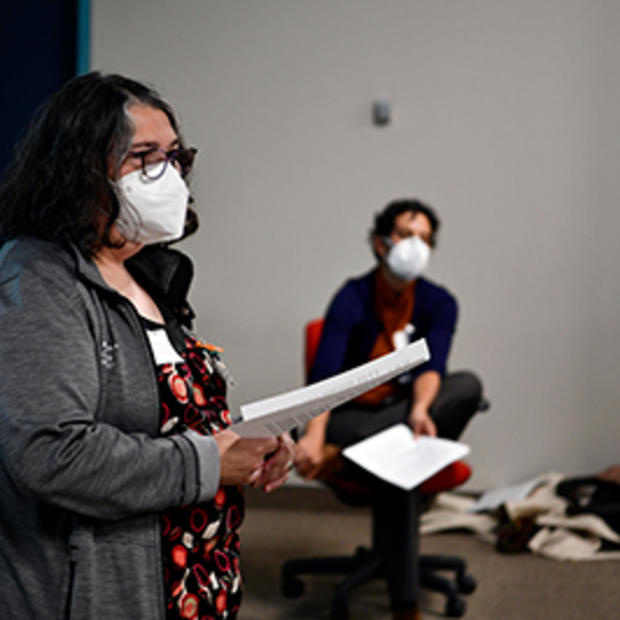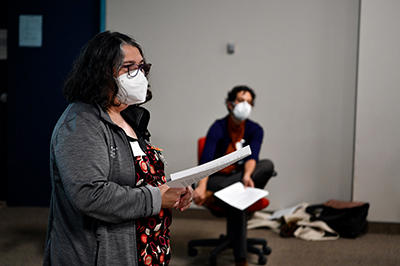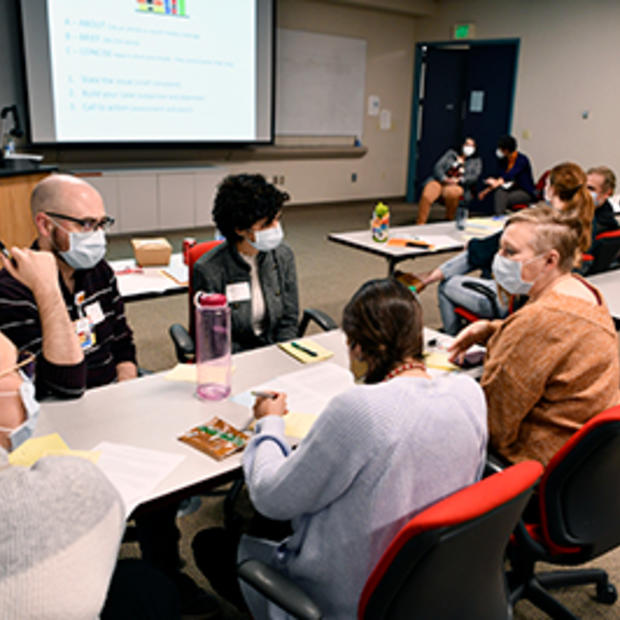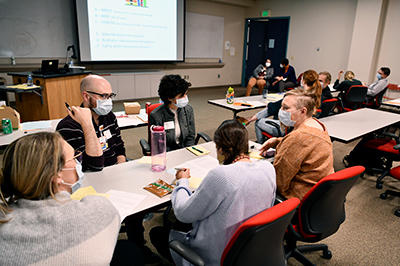Community Health
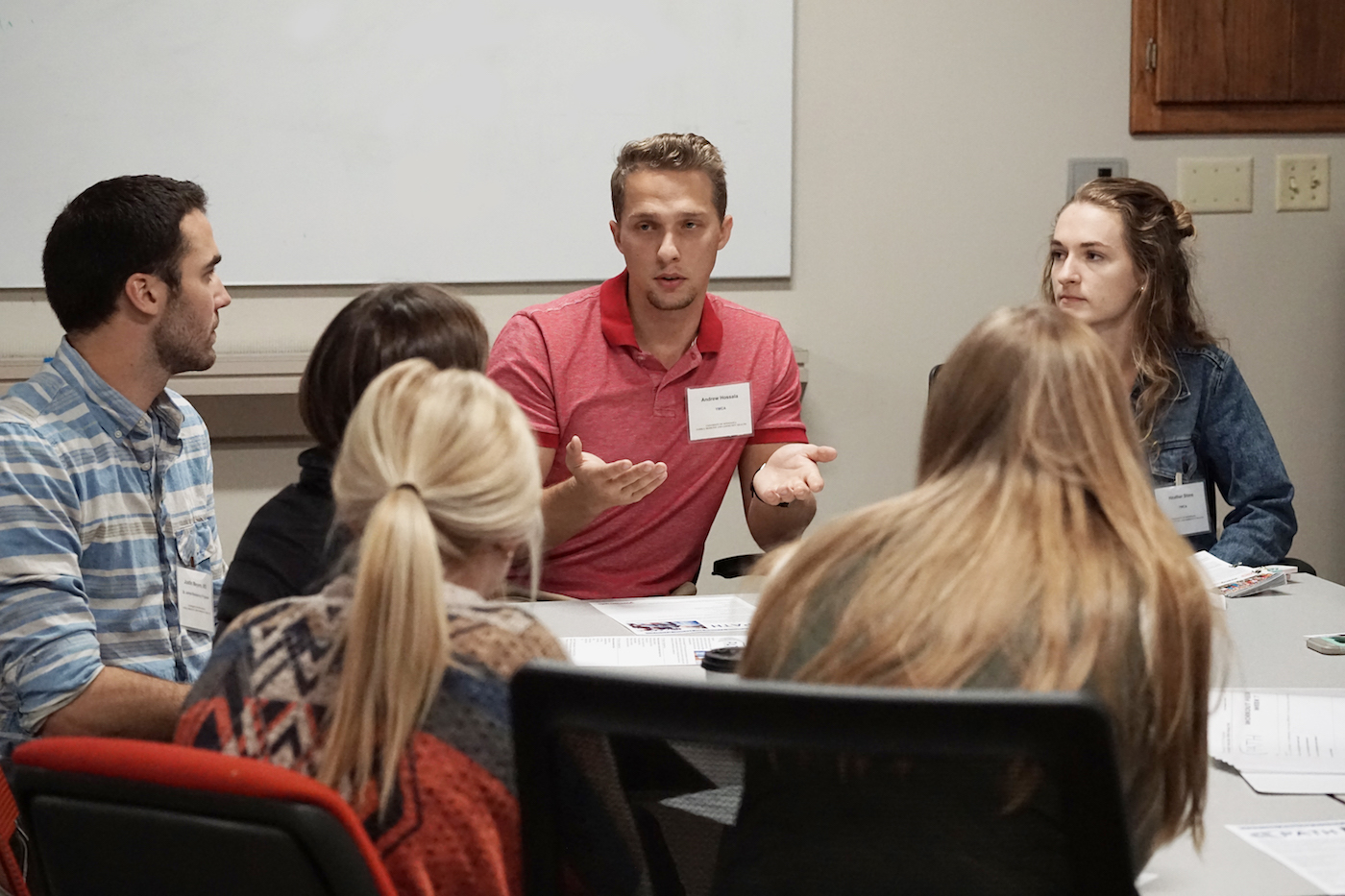
Dates:
- Friday, September 27, 2024 (8:00 a.m.– 4:30 p.m.)
- Friday, March 28, 2025 (8:00 a.m.– 4:30 p.m.)
Location: West Bank Office Building
The purpose of this course is to establish a framework in which learners will understand the impact of where a patient lives, learns, works, and plays on individual and population health. Participants will learn the historical sequela leading to many of the health inequities in this country and how to develop the skills necessary for a family physician to be an effective advocate and ally for their patients and their communities in addressing health and wellness.
During Community Engagement Cafe sessions, participants meet with community leaders and learn about the multiple ways that community-based groups can partner with them in the future to help them reach beyond the clinic walls to serve their patients.
- Describe socioeconomic, environmental, cultural, and other population-level determinants of health and understand their role in health promotion and disease prevention
- Determine community assets and resources to improve health at individual and population levels
- Discuss the steps of advocacy in the development of health policy
Registration is for non-University of Minnesota family medicine residents, medical students, and community physicians or healthcare professionals. Fees include tuition, syllabus, parking, and lunch.
- Contact:
Heidi Cerdas Monge, MBA, hcerdasm@umn.edu
- Learners will be able to trace the impact of community and legislative policies, such as segregation, red lining, racial profiling, and other exclusionary practices and their historic and current impact on health in communities
- Learners will be able to describe the principles of effective community-clinic partnerships, including engaging community members in the design process, eliciting feedback, and sustainability through comparisons of various examples of food justice projects
- Learners will be able to identify opportunities for effective partnerships to address health needs in their current or future practice community
- Learners will be able to communicate effectively in person, in written form, and using social media to engage with and impact policies affecting patients and communitie
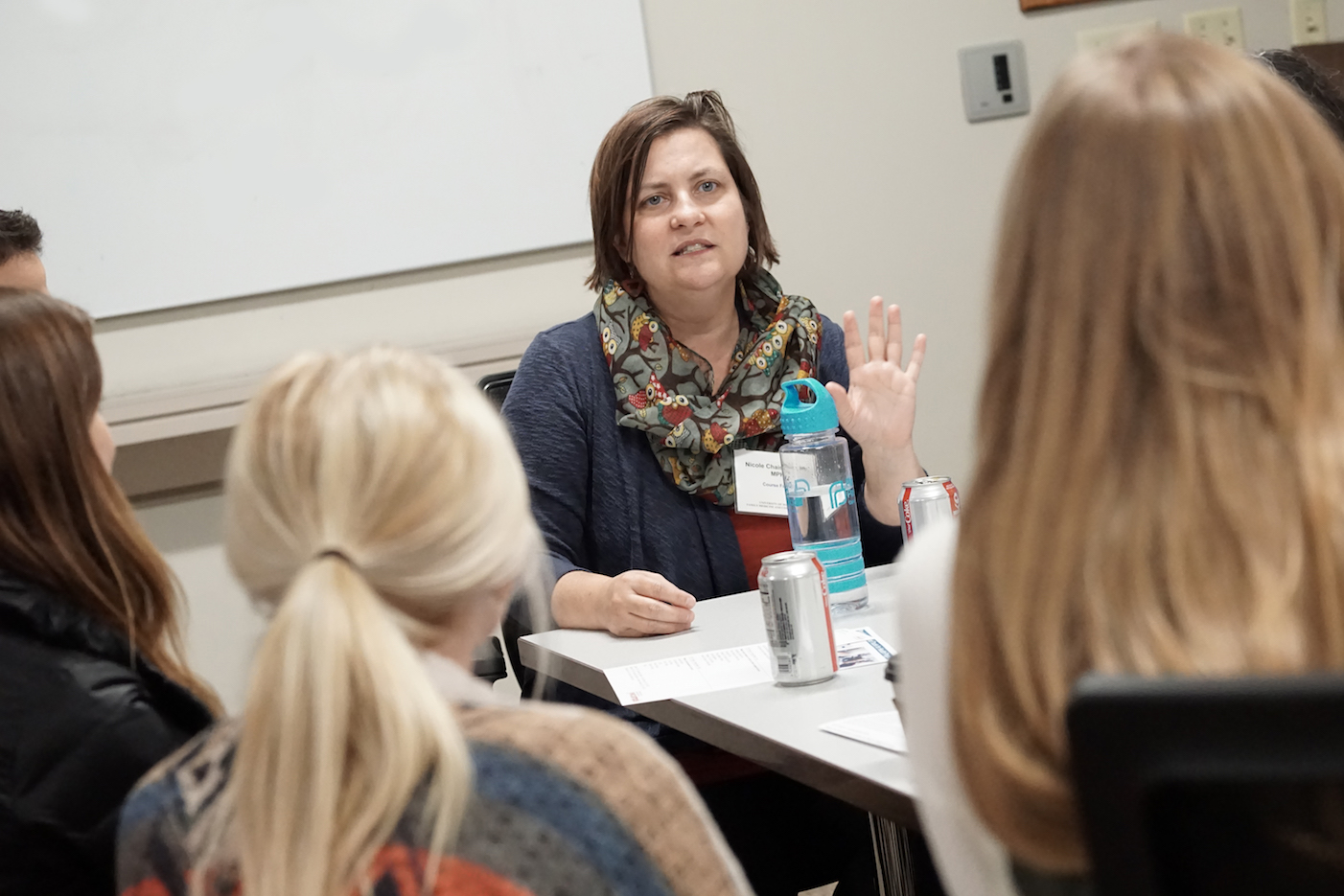
PHOTO AND VIDEO RELEASE
We may take photos and/or videos of instructors and learners at our programmatic courses, and these may appear in the department’s and/or University of Minnesota’s marketing and promotional materials (e.g., brochures, posters, social media, websites, etc.). Your attendance constitutes your permission and consent for photography and video subsequent usage. If you do not want to be photographed or filmed, please let us know by contacting Heidi Cerdas Monge, MBA, 612-625-0953, hcerdasm@umn.edu.
"Meeting with various local organizations made me realize the importance of engaging with them to promote health."
